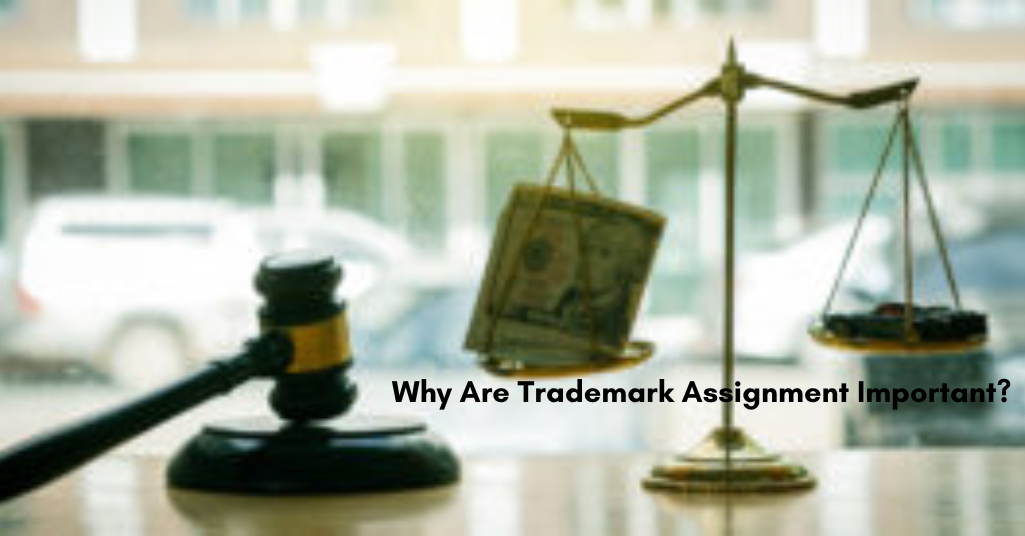US civil litigation is an interesting topic because it is complex and involves many different aspects of the law. In this article, we will discuss the differences between US civil litigation in general and precisely how it works with regard to a lawsuit. We will also discuss some of the key steps in filing a lawsuit against someone who has harmed you and what you should do if you have been wronged.
Overview of the US Civil Litigation: Civil litigation is a process by which a person or organization can sue another person or organization for alleged wrongs. In the United States, civil litigation is governed by the common law system. This means that civil litigation in the United States is based on principles that have developed over time in court cases.
Civil litigation can be divided into two main categories: private and public. Private civil litigation is between individuals, while public civil litigation is between governments and individuals or organizations.
The purpose of civil litigation is to resolve disputes between people or organizations. Civil litigators work to achieve this goal by investigating the facts of a case, preparing a legal argument, and negotiating a settlement.
To file a lawsuit in the United States, you must first file a petition with the court. The petition must include information about your case, such as the name of the parties involved, the amount of money you are asking for, and what relief you are requesting. The court will then appoint a lawyer to represent you in your lawsuit. The lawyer will investigate your case and prepare a legal argument on your behalf. If you and the other party to the lawsuit cannot agree on a settlement, the lawyer will try to negotiate one with the other party.
What Is the US Civil Litigation?
USA litigation is the practice of resolving disputes through the courts. The main types of civil litigation in the United States are contracts, torts, and property. Contract litigation is used to resolve disputes between parties regarding contracts. Tort litigation is used to resolve disputes between parties regarding injuries that were caused by someone else’s wrongdoing. Property litigation is used to resolve property disputes.
Several different types of legal proceedings can be used in civil litigation. Some common proceedings include pleadings, discovery, trials, and appeals. Pleading is the initial document that is filed in a civil case. Discovery is a process that allows each party involved in a civil case to obtain information from the other party. Trials are proceedings in which the judge decides whether or not the facts presented in a pleading constitute evidence that would allow the court to enter a judgment in favour of one party or another party.
Appeals are proceedings in which a party files an appeal with the highest court available to review the decision made by another court. US Civil litigation can be very time consuming and expensive. It can also be very complicated, which is why it is important to have an experienced lawyer on your side when you go to court.
The 4 Rules of Litigation
- Whenever possible, litigate your disputes through informal negotiations.
- Remember that litigation is a last resort.
- Seek honest and fair resolution of disputes before taking court action.
- Keep in mind that litigation can be expensive and disruptive, so weigh the costs and benefits carefully before making a decision to go to court.
How Does the Civil Justice System Work?
Civil litigation is a process that allows individuals or groups to sue other individuals, businesses, or governments for damages. In this it is handled by the civil justice system.
The system consists of three different parts
- The judicial system, the legislature.
- The executive branch.
The judicial system includes the courts and judges who hear civil lawsuits. The legislature creates laws that affect civil lawsuits, and the executive branch administers these laws.
US Civil litigation aims to allow parties to resolve their disputes without the need for force or violence. This process is often used when there is a disagreement about what happened or when someone thinks they have been wronged.
Also, Read:










